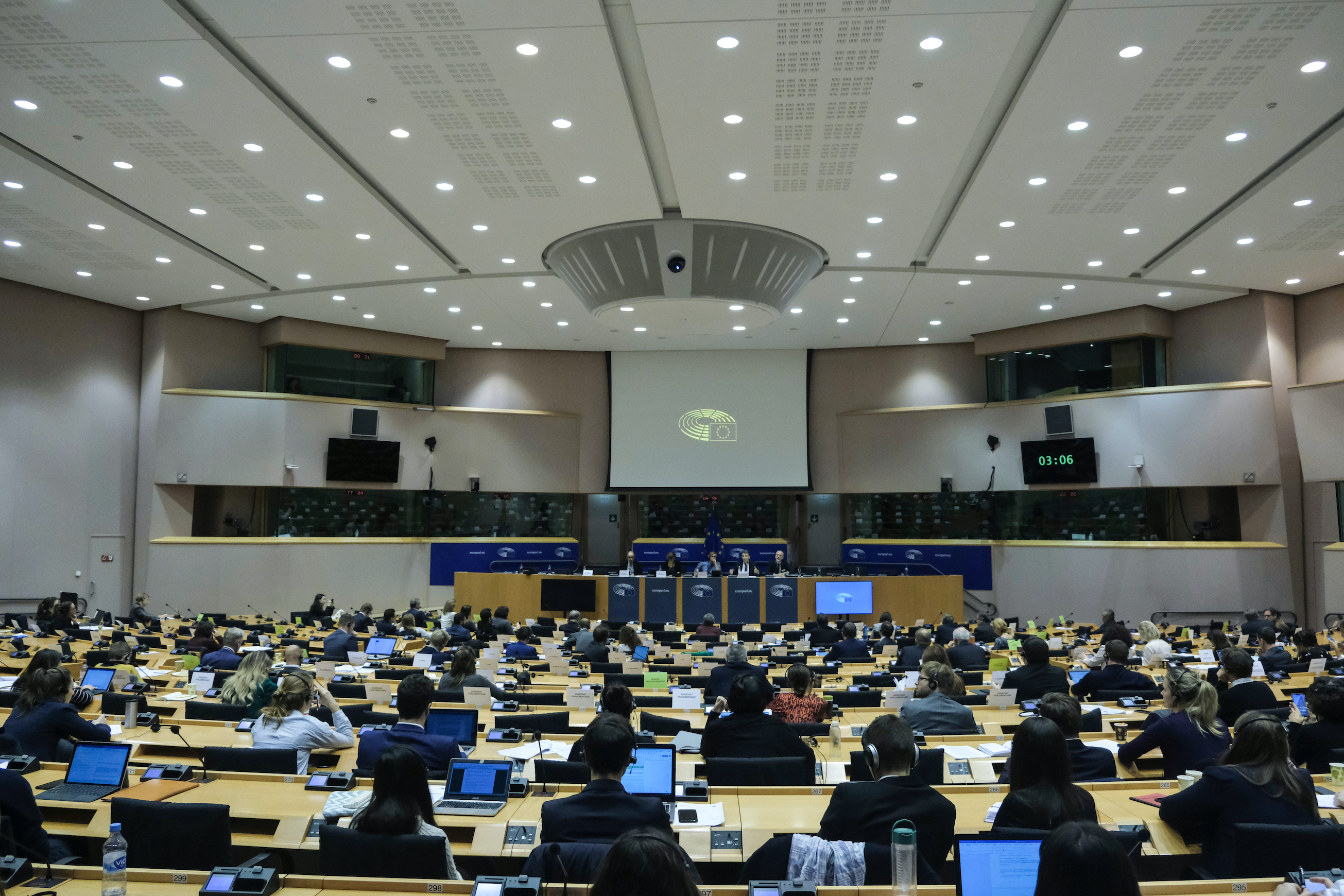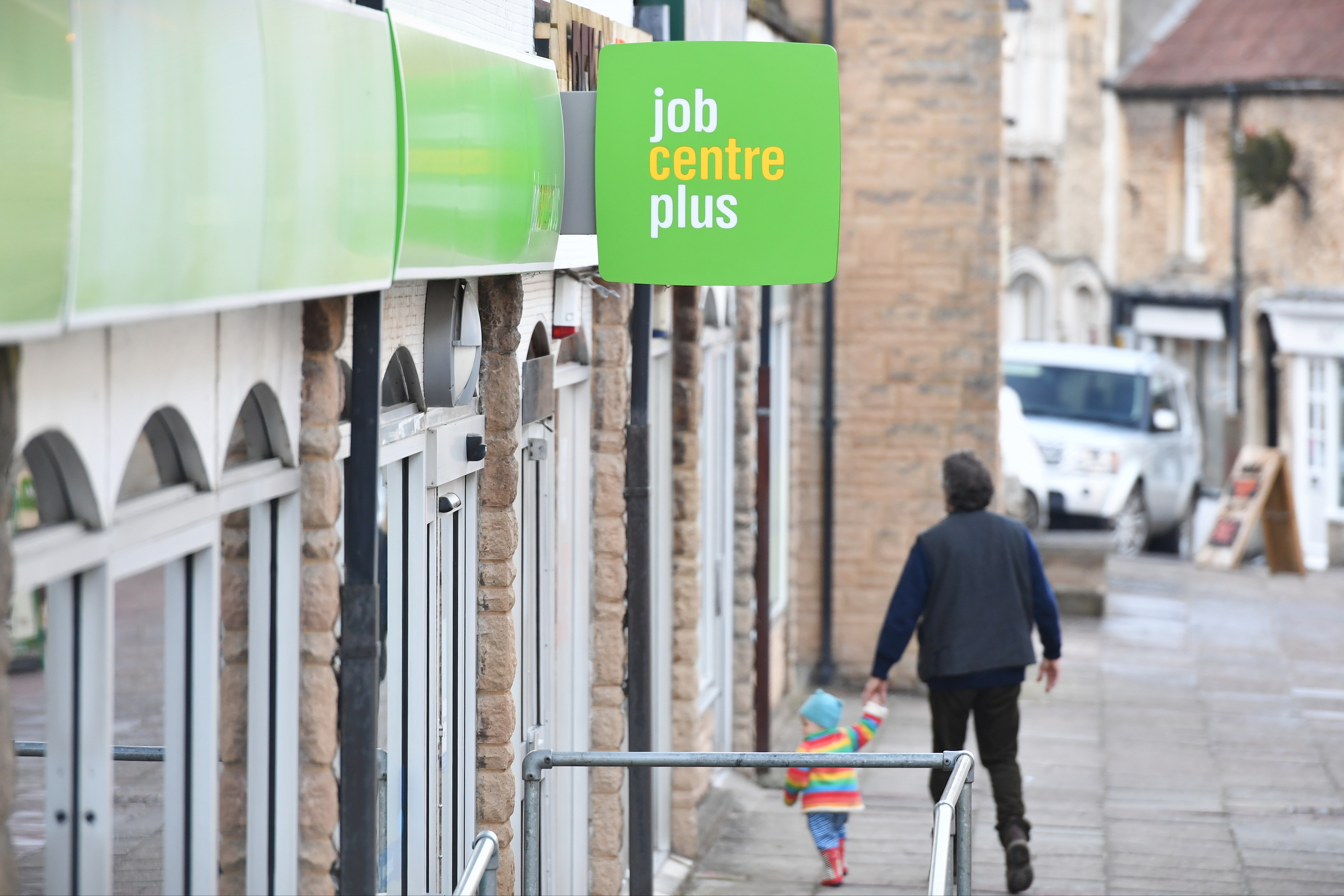What would it mean for a government to promote well-being, for public policy to be aimed at well-being? I think a lot of the enthusiasm for this way of thinking about public policy comes out of the past few decades, the shift in emphasis towards sustainability and towards more equitable ways of organising society. There is a view that in the 20th century in particular, our government was really promoting material interests, not well-being, and that now we need to move towards a situation where well-being is the goal rather than, say, gross domestic product.
Through most of human history it’s questionable to say whether the government was interested in what its subjects wanted. A lot of rulers were interested in their own interests. To this day, in a lot of countries where we have dictatorial governments, the interests that prevail in public policy are mostly the government's interests, mostly the state's interests – not the interests of its citizens.
We are very fortunate in many nations now to have liberal democratic systems that really empower the citizenry and make the government accountable to them. This is worth keeping in mind, because when we think about well-being, well-being is what's good for people, and that's inextricably tied to what they value. The government can only really promote well-being if it promotes what the public values.


